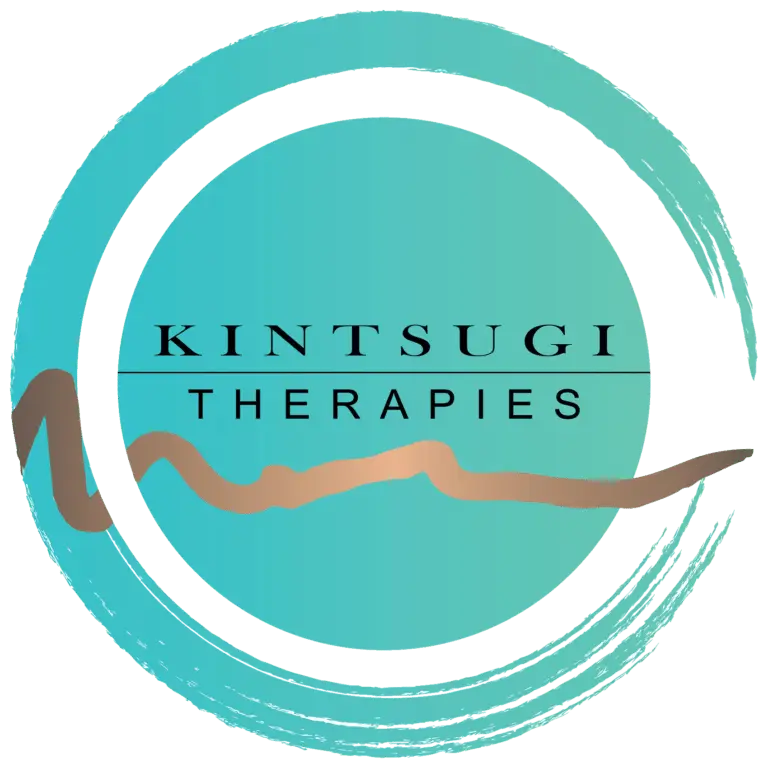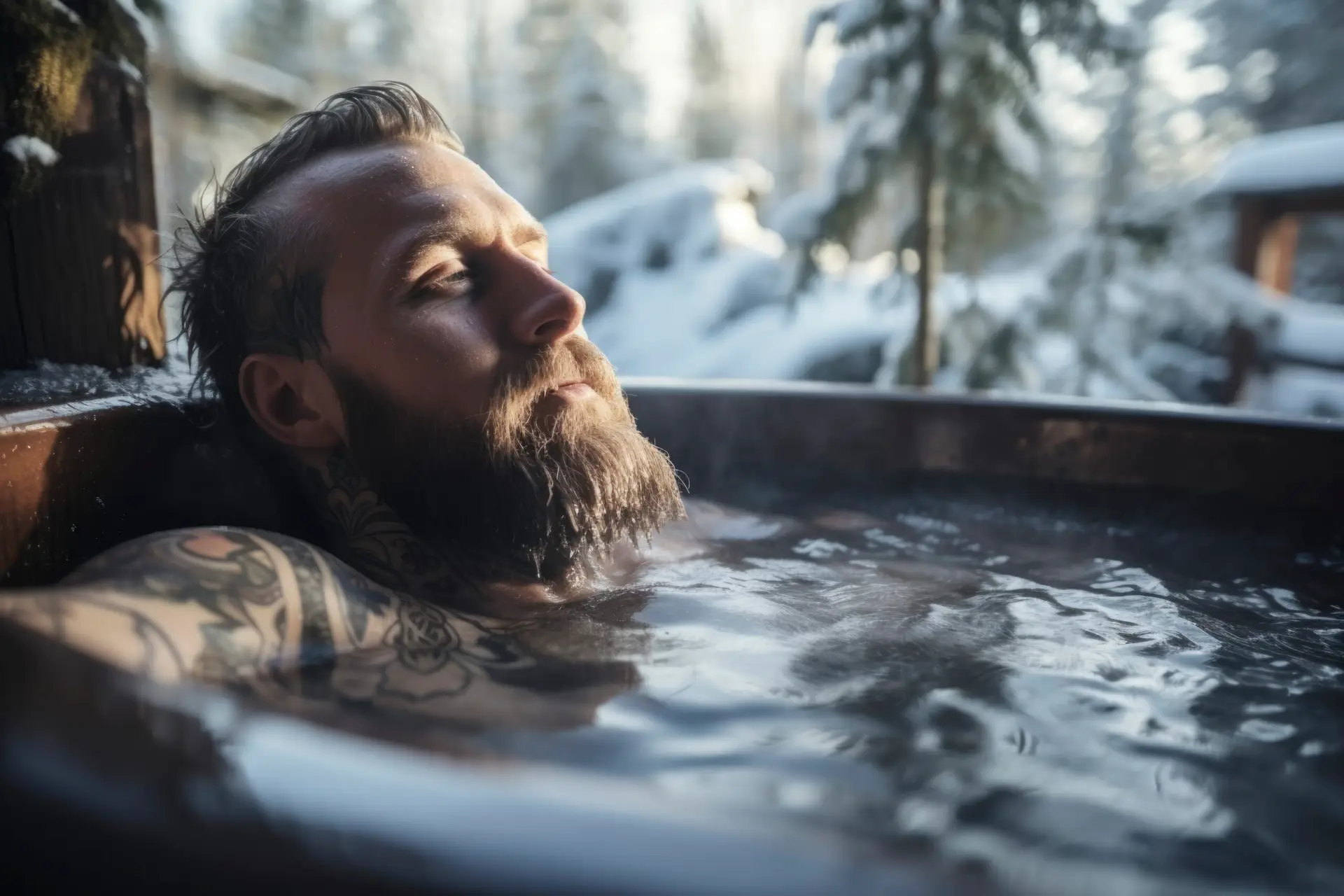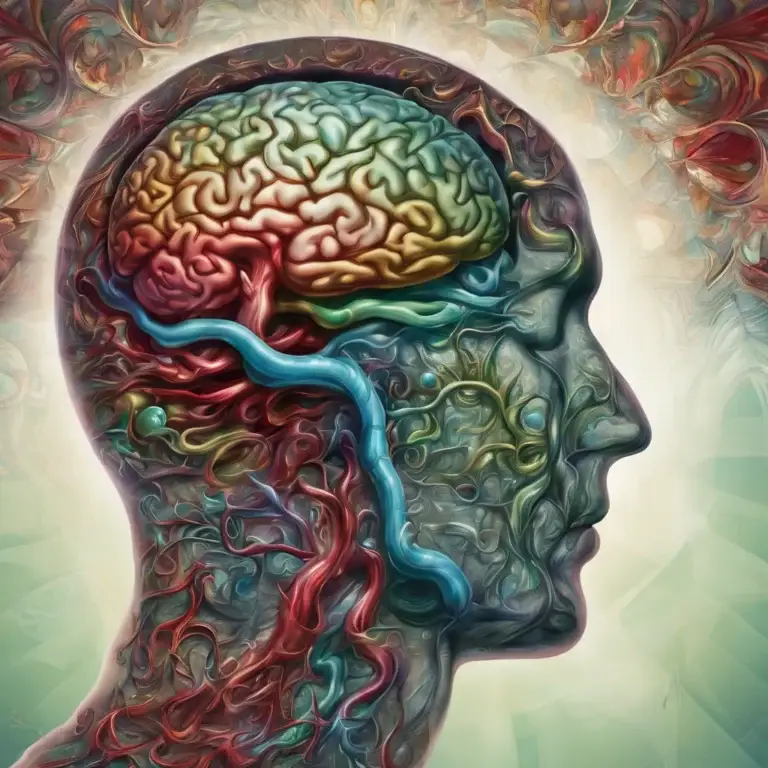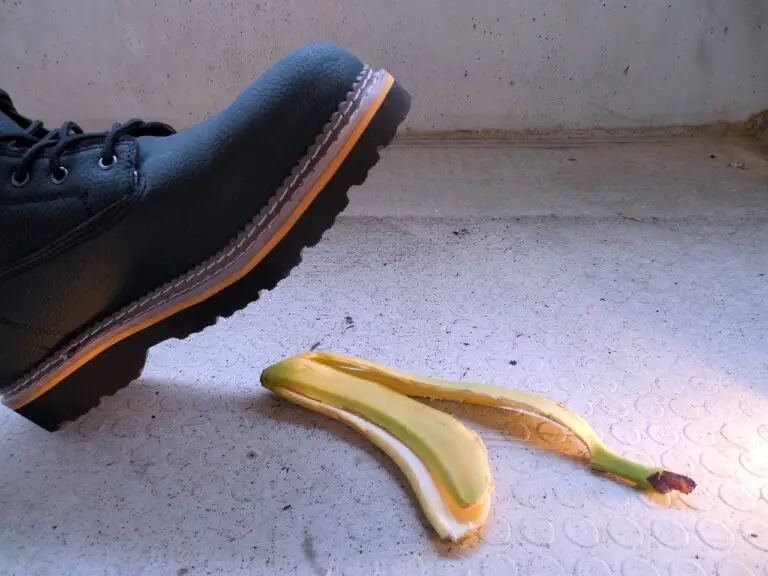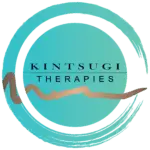You’d have to be hiding under a rock recently to not have noticed the curious sight of people plonking themselves into ice baths and seemingly loving it.
A primary human need is to seek comfort and warmth, we’re warm-blooded creatures, so why are some of us willingly putting ourselves in an extreme cold environment when every cell in our body is screaming ‘danger’.
Trend? Pastime? Spiritual practice? Personal challenge? Or just fun with a group? For some and for all those reasons and more, the athletic and wellness communities have embraced cold water exposure and have run with it.
The Potential Mind/Body Benefits of Ice Bathing
The major claims of benefit of ice bathing seems to be primarily linked to reducing inflammation and muscle soreness post-exercise. However, scientific evidence supporting these benefits is mixed.
Studies suggest that while ice baths might provide temporary relief from soreness, they may also delay muscle regeneration and adaptation by suppressing inflammation, which is a natural and necessary part of the healing process. Some research also points to the possible mental health benefits of cold-water therapy or cold exposure. The sudden exposure to cold can stimulate the sympatheticnervous system, leading to an increased release of norepinephrine, a hormone and neurotransmitter associate with improved mood and alertness, boosting and enhancing mental clarity and focus and providing a temporary uplift in mental performance. Certainly, anecdotal evidence would say many people feel an improvement in mood post ice bath session.
On the flip side, for some individuals this practice can also lead to heightened stress and anxiety. Some body types tend towards a low tolerance of cold exposure , in Chinese medicine this is known as a Yin or cold type constitution. For these people, prolonged exposure to cold may deplete the body’s (Yang) energy (think ATP production in cells), potentially exacerbating feelings of lethargy, depression, and mental fog.
Understanding Cold in TCM
A Cautionary Tale: Man vs Cold
Chinese Medicine (TCM) offers a unique view on cold therapy. Health or pathology can be expressed through the lens between Yin (cold, passive) and Yang (heat, active) energies within the body.
Cold as a factor affecting the body is associated with contracting inward, retarding movement and can lead to stagnation. Brought to the extreme it’s a state of suspension (no movement) or death – or extreme Yin. Cold can and does slow down bodily functions, this is true from both an Eastern and Western perspective. But it’s not a simple a case of saying cold ‘bad’ , heat ‘good’.
In a case where something is going too fast, let’s say for example inflammation and swelling from an acute injury, you may want to use a cooling method initially to slow things down. While this could temporarily reduce inflammation and numb pain, would you continue to use ice/cold after the swelling subsides and pain is lessened? Probably not!
Applying healing strategies in TCM, such as Acupuncture, Chinese herbal medicine, Cupping therapy or massage involves assessing the use of a method and how suitable it may be based on a person’s overall presentation. So, each case really comes down to the individual, their past history, their particular set of symptoms, their body type and/or their constitution.
In traditional east Asian medicine prolonged exposure to cold is generally discouraged as it may flare conditions like arthritis, think cold penetrating or contracting into joints, or it may contribute to tissue stiffness and discomfort, think ischemic tissue or lack of proper blood flow to an area.
Generally, our bodies are good at regulating between these states, doing what’s required to get our core temperature stable and balancing and regulating blood flow to tissues. However, with prolonged or frequent and regular cold exposure we may disrupt this balance, much like if we eat sugary foods consistently, we may end up with high blood sugar levels. For some people that balance can be more easily disrupted than for others.
I once knew of a man who took part in a planned excursion to a waterfall with a martial arts group that he was part of. The group was to bathe under the falls in the mountains (west of Sydney, Australia) as a type of cleansing or purification process and to take in the natural scenery and immerse in nature.
This particular man was fairly slight of build and a little older in years. The day in question was cold and windy and the trek down to the valley was steep. The bathing took place under the falls and afterwards the small group began the trek back up the steep climb. About halfway up the man’s body temperature suddenly plummeted and he went into hypothermic or cold shock, losing sensation in his limbs, becoming extremely weak, shivering wildly and experiencing semi-consciousness.
The situation was perilous. Paramedics had to be called, which involved one of the group running on ahead to eventually secure a mobile signal. The other members of the group did all they good to transfer their body heat to him until help arrived. Thankfully the man was taken into care and monitored. Luckily, he recovered well and lived to tell the tale, but it could have been the ultimate tragic outcome.
Why did that man become hypothermic and go into cold shock but the others in the group were all ok?
TCM categorizes individuals into different body types based on their constitutional balance of Yin and Yang. Those with a predominance of Yin, or who have a constitution that is naturally cold (or damp*) may be particularly sensitive to cold.
Understanding Yin Body Type Constitution According to TCM
-
Physical Traits:
- Pale or Sallow Complexion: The skin may appear lighter or with a yellowish tint.
- Cold Sensitivity: Tendency to feel cold, especially in the hands and feet.
- Soft and Flabby Muscles: Muscle tone may be less defined.
- Slow Metabolism: Prone to weight gain and difficulty losing weight.
- Low Energy Levels: Often feels tired or fatigued.
- Slow Movement and Speech: May have a tendency to move and speak more slowly.
- Moisture Retention: Prone to water retention and swelling.
- Dry Skin and Hair: Can have dry, brittle hair and dry skin.
- Weak Immune System: More susceptible to colds and infections.
-
Psychological Traits:
- Introverted Personality: Tends to be more inward-focused and introspective.
- Quiet and Reserved: Prefers calm and quiet environments.
- Thoughtful and Contemplative: Spends a lot of time thinking and reflecting.
-
Physiological Traits:
- Weak Digestion: Prone to digestive issues such as bloating and poor appetite.
- Cold Limbs: Often experiences cold hands and feet.
- Scanty or Light Menstrual Flow: For women, periods may be lighter or less frequent.
- Lower Body Temperature: Tends to have a lower basal body temperature.
-
Other Traits:
- Tendency to Phlegm or Dampness: More prone to conditions involving phlegm and dampness, such as sinus congestion or edema.
- Preference for Warm Foods and Drinks: Prefers consuming warm foods and drinks to balance the internal coldness.
For these individuals, ice baths or cold-water bathing can exacerbate their Yin tendencies, leading to symptoms such as:
- Increased Stiffness and Pain: Cold can cause muscles and joints to stiffen, which is contrary to the goal of recovery. Individuals with a cold and damp constitution may find that ice baths increase discomfort rather than alleviate it.
- Digestive Issues: Cold exposure can impact the Spleen and Stomach functions in TCM, leading to digestive problems like bloating, loose stools, and a decreased appetite. These effects can be particularly pronounced in individuals who are already prone to these issues.
- Impaired Circulation: Ice baths cause vasoconstriction, reducing blood flow. For those with a cold constitution, this can lead to poor circulation, manifesting as cold hands and feet, and can impede the healing process rather than support it.
- Weakened Immune Response: TCM emphasizes that prolonged exposure to cold can weaken the body’s Wei Qi, or defensive energy, making individuals more susceptible to colds and other illnesses.
- Severe cases: Hypothermia/Cold shock (rare, usually with prolonged exposure but can happen as per the cautionary tale above).
Seasonal Adjustments and Ice Bathing: A TCM Perspective
As the seasons change, so too should our wellness practices, according to Traditional Chinese Medicine (TCM). Each season brings unique environmental conditions that affect the balance of Yin and Yang within our bodies. Winter, characterized by cold and darkness, is a time when Yin energy is at its peak. During this season, TCM emphasizes the general importance of conserving warmth and avoiding practices that introduce additional cold into the body, such as ice bathing. This is because excessive cold can penetrate the body’s acupuncture channels, causing Qi stagnation and potentially leading to issues like muscle stiffness, joint pain, and weakened immune response.
During winter, it is advisable to nourish our bodies with warmth, both externally through warm clothing and internally with warming foods like soups, stews, and ginger tea . Conversely, in summer, when Yang energy is dominant with its heat and activity, ice bathing can be more beneficial as it helps to cool the body and balance the excess heat. Cold exposure during this season can aid in reducing inflammation and cooling the body’s internal environment, which can become overheated due to the external climate .
Understanding and aligning with these seasonal rhythms can help maintain harmony and health, allowing us to adapt our practices to support our body’s needs throughout the year. By respecting the natural ebb and flow of Yin and Yang energies in accordance with the seasons, we can make more informed choices about our wellness practices, ensuring they contribute positively to our overall well-being and harmony within the body. Again this is not a hard and fast rule but more a guideline, individual preferences and tolerances will apply.
Women’s Cycles and Ice Bathing
In Traditional Chinese Medicine (TCM), menstruation is viewed as a time when the body needs extra care and warmth to maintain balance and ensure the smooth flow of Qi (vital energy). During this period, the body is in a more Yin state, which is naturally colder and more passive. Adding extra cold into the mix, like taking an ice bath, can upset this delicate balance. This might lead to increased symptoms such as abdominal pain, fatigue, and digestive issues.
TCM practitioners believe that cold can penetrate the body’s acupuncture channels, blocking the flow of Qi (vital energy) and blood, which can result in discomfort and potentially long-term reproductive health issues. Additionally, the immune system can be slightly compromised for some women during menstruation, and exposure to cold may weaken it further, making the body more susceptible to illnesses. Therefore, from a TCM perspective, menstruating women are generally advised to steer clear of ice baths to avoid these potential adverse effects
Helpful Tips for Menstruating Women
- Stay Warm & Avoid Cold: Keep the lower abdomen warm using a hot water bottle or heating pad to alleviate cramps and support blood flow. Warm baths and wearing additional layers can also be beneficial.
- Dietary Adjustments: Consume warm, nourishing foods such as soups and stews. Ginger tea can help warm the body internally and ease menstrual discomfort. Avoid cold and raw foods, as these can contribute to internal coldness.
- Gentle Exercise: Engage in light physical activities like walking or yoga to promote circulation and reduce stress. Avoid strenuous exercise that could strain the body.
- Rest and Relaxation: Ensure adequate rest and sleep to support the body’s natural healing processes. Practice relaxation techniques like meditation or deep breathing to reduce stress and tension.
- Herbal Remedies: Consider TCM herbal remedies under the guidance of a qualified practitioner. Herbs such as angelica root (dang gui) and red dates can help nourish the blood and support menstrual health.
Balancing the Risks & Benefits of Cold Immersion
For individuals considering ice baths, it is important to weigh the potential benefits against the risks. Those with a cold constitution (or Yin dominant in TCM) or those who are particularly sensitive to cold may benefit more from alternative recovery methods such as warm baths, stretching, or massage therapy, which align more closely with their body’s natural tendencies and TCM principles.
While ice baths can be a valuable tool for some, in my opinion which is based on how the body is viewed through the lens of east Asian medicine, they are not universally beneficial.
Understanding the principles of TCM and recognizing individual differences in body types and seasonal adjustments can help tailor recovery practices to better suit each person’s unique needs. By respecting the balance of Yin and Yang, individuals can make more informed choices about their recovery strategies, promoting overall well-being and harmony within the body.
Image:“Designed by Freepik”
